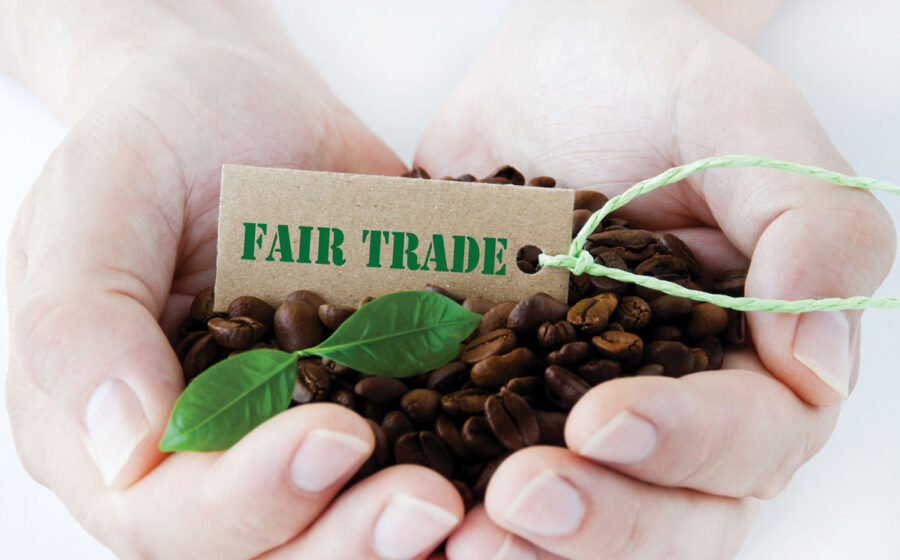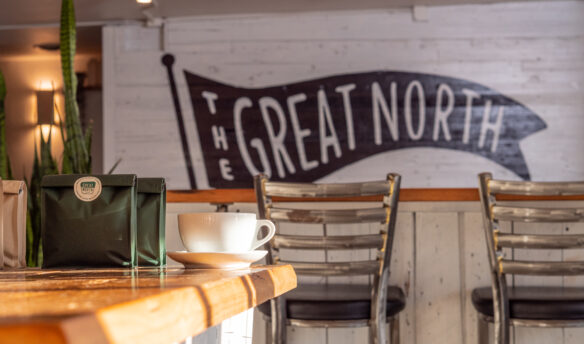[T]he value of coffee as an international commodity is undeniable. Unfortunately, that value is still fighting its way back to the grower, with farmers and workers often receiving inadequate returns on harvests. The growing global fair-trade movement seeks to tackle this disparity by ensuring adequate compensation for farmers, promoting sustainable farming practices and improving quality of life in farming communities. But one of the prominent challenges farmers still face, fair-trade or otherwise, is a lack of education. Specifically, language barriers create obstacles for farmers looking to reach consumers with their product and its story—and in a competitive, global marketplace, communication is vital.
Online translation service One Hour Translation (OHT) took notice of this imbalance, and in December began offering complimentary translation services to fair-trade producers across the globe. The same invaluable translation being used by major international conglomerates is now available free of charge to small, fair-trade-certified coffee farms seeking to communicate their vision for quality with consumers in exchange for a better return on investments. “Fair trade reflects values from our company vision,” says Yaron Kaufman, OHT’s co-founder. “We are minimizing the language and cultural barriers between companies and people. We facilitate their communication and trade abilities with each other. Offering fair-trade … growers (and their representatives) the ability to communicate with their target markets—by translating with us for free—is a natural choice for One Hour Translation.”
OHT is the Web’s most comprehensive professional translation service—offering high-quality human translation in 73 languages to high-profile clients including Coca-Cola, Shell and IBM. The company translates millions of words every month through specialized departments that cater to specific fields such as software, marketing and aerospace. The size and breadth of the organization speaks to just how crucial a role communication plays in the international marketplace—and how crippling language barriers can be for small businesses. “We were thinking of a way to give back to the global society in a way that helps those who could really benefit from our services,” says Kaufman. “We checked our databases and discovered that fair-trade organizations are using our services constantly.”
The company has since partnered with two major fair-trade organizations: Fair Trade USA and Fair Trade South America, as well as a growers’ representative in Tanzania, and Kaufman says OHT has received many other applications to join the program. “If a farmer or an organization representative wants to participate, all they need to do is to contact us. We train them how to use the service, create an account for them and add credits which can be used to send translation projects around the clock.”
With fair trade sales growing rapidly (Fairtrade International recently reported a 16 percent growth rate in the total number of producers since 2011), the market for fair trade-certified goods is substantial. OHT is primed to play a crucial role as that market grows, and in turn foster a fairer coffee community, smarter farming and a more ethical supply chain.
—Regan Crisp is Fresh Cup’s associate editor.







